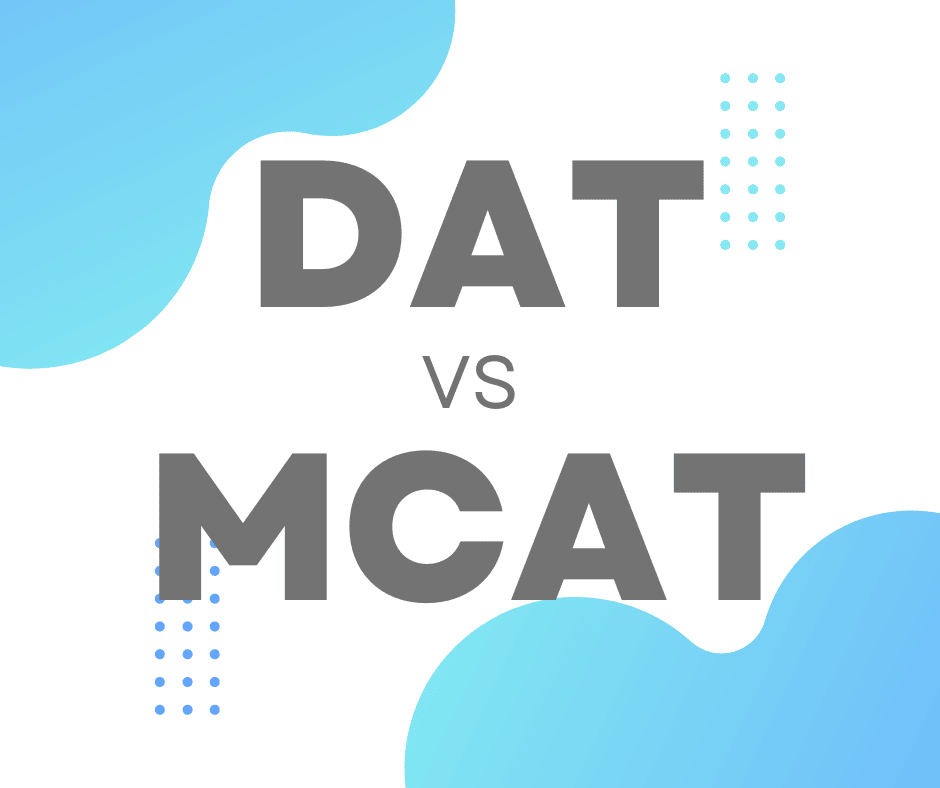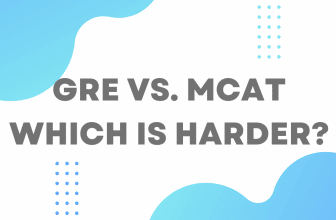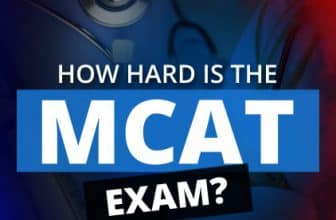

Is the MCAT harder than the DAT?
is a common topic from students weighing their options between medical school and dentistry school.
Pre-medical students take the MCAT, whereas pre-dental students take the DAT. This guide will go over both tests, their levels of difficulty, and their distinctions. After reading, you’ll be able to choose which of these exams will help you the most in advancing your medical career.
What is the DAT?

To determine a program applicant’s likelihood of success in a dental school program, prospective dental school students take the DAT (Dental Admission Test), a timed dental education admission test. Prometric test centers in the United States, its territories, and Canada offer this exam all year long. Each of the four sections—Survey of Natural Sciences, Perceptual Ability, Reading Comprehension, and Quantitative Reasoning—contains multiple-choice questions. While the overall subject matter is the same, there are often 5–10 questions that are very difficult and 30 that are easy to moderately difficult. The DAT offers scores between 1 and 30. There are no requirements for passing or failing, but generally speaking, a score of 17 represents average performance on a national level.
Dental College
All dental schools in the United States require students to take the DAT, which evaluates general intellectual aptitude, perceptual skills, and scientific knowledge. After taking the test, you will immediately receive your results. The test can be taken three times by applicants, with a minimum 90-day interval in between each attempt. The DAT is $320, and Prometric, a testing and assessment company, charges $37 for an online practice exam.
What is the MCAT?
A computer-based, multiple-choice test called the MCAT (Medical College Admission Test) is required of applicants to medical schools. It is employed in the Caribbean Islands, Australia, Canada, and the United States. It evaluates one’s capacity for problem-solving, critical thought, written analysis, and scientific knowledge. The exam costs $320 ($375 if you register after the deadline). An MCAT practice test typically costs $25.
The MCAT basically assesses your understanding of natural, behavioral, and social science ideas as a pre-requisite to an organized study of medicine. Most undergraduate colleges and universities provide introductory level courses that contain the majority of the material. Along with general and organic chemistry, biology, physics, psychology, and sociology are all included. Taking these courses will make you more familiar with the material and abilities tested on the MCAT, however they are not required in order to register for and take the exam. A passing score on the MCAT is 508 out of 528 overall or 127 out of 132 in a section. The national average score for applicants to medical schools is shown here.
Comparison of the DAT and MCAT
Exams such as the MCAT and DAT are required to enter advanced medical schools. For medical school, the MCAT is used, and for dental school, the DAT. Both exams have a similar price range of $320 to $430, are quite time-consuming to prepare for, and cost between that range. Both the MCAT and DAT tests are computer-based and cover the same material. Both assess reading comprehension, however the MCAT does so in greater detail.
While the DAT only features passages in the reading comprehension section, the MCAT has reading comprehension (longer) in each section. Additionally, you are not need to comprehend the passage’s meaning in order to respond to the DAT’s reading comprehension questions. These students will still need to take a physics course even though the DAT doesn’t feature any physics questions.
In the DAT’s quantitative reasoning component, there are more math questions. On the DAT but not the MCAT, you may use a calculator. A few math-related problems can be found in the science sections of the MCAT.
The DAT is a special test because it gauges one’s ability to visualize space and includes inquiries about two- and three-dimensional perception. Pre-med students can only apply to take the test that is provided about 30 times a year, whereas pre-dental students can take it on any date. Additionally, whereas pre-dental students can receive an unofficial score immediately following the test, pre-med students must wait almost a month for their findings.
Which Test, DAT or MCAT, is Harder?
The majority of test takers believe that the MCAT is much more challenging than the DAT overall. The MCAT emphasizes answering questions about lengthy passages. Additionally, the exam is lengthier and contains more scientific topics. The perceptual ability test, which measures students’ two- and three-dimensional visuospatial vision, is the most challenging component of the DAT. This includes responding to visual acuity tests that include measuring angle differences and other inquiries of a geometrical nature. The DAT is simpler than the MCAT because it doesn’t have any physics or biochemistry questions.
DAT vs. MCAT
The possible career you are picking is where the two tests diverge most. The MCAT requires more study and enables you to pursue employment in a number of medical specialties, whereas the DAT is specific for prospective dentists applying to dental schools.
Is the MCAT Accepted by Dental Schools?
You shouldn’t take the MCAT if your initial career option is dentistry. This will raise questions about your genuine career objectives among the dentistry school admissions committee. The DAT also contains the perceptual ability test, which is crucial for people interested in a profession in dentistry and the results of which are essential for admission to a prestigious dental school.
Dentists: Do They Take the MCAT?
Dentists typically avoid taking the MCAT. Because dentistry is a potential medical field of interest, some students choose to take the DAT following the MCAT. They might wish to let the dental schools they are applying to know about this shift in their professional path. The majority of institutions disapprove of this, and generally speaking, most students have made their decision before they are prepared to take one of these exams.
Following Steps: DAT vs. MCAT
The importance of knowing which area of medicine you are focusing on and what advantages each of these two exams will have on your career and your admission to your desired medical or dental school can be concluded after reading the aforementioned guidance on the MCAT and DAT exams. Every job in medicine demands diligence, perseverance, and dedication. Before selecting the exam that is best for you, it is crucial to consider the career path you wish to follow.




